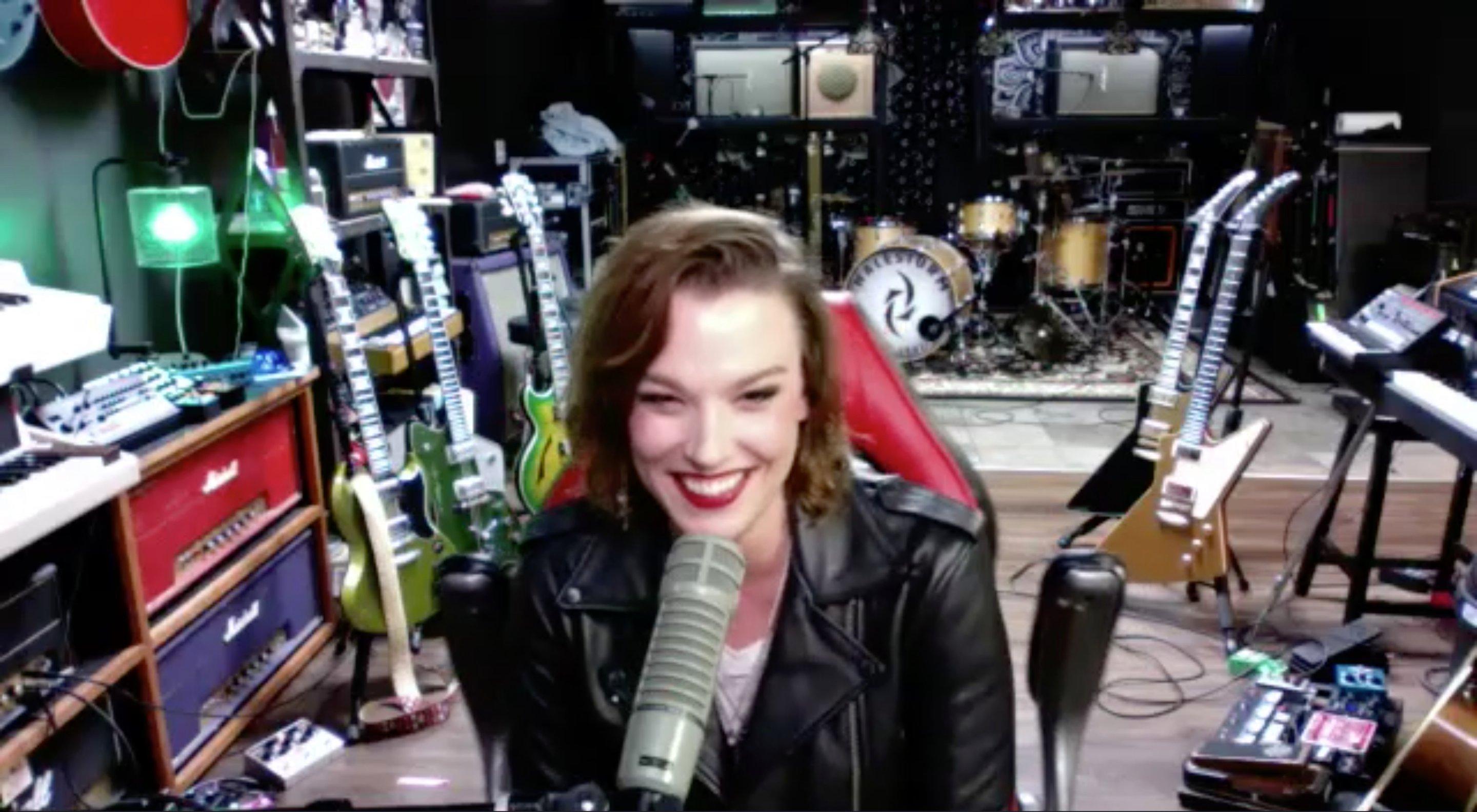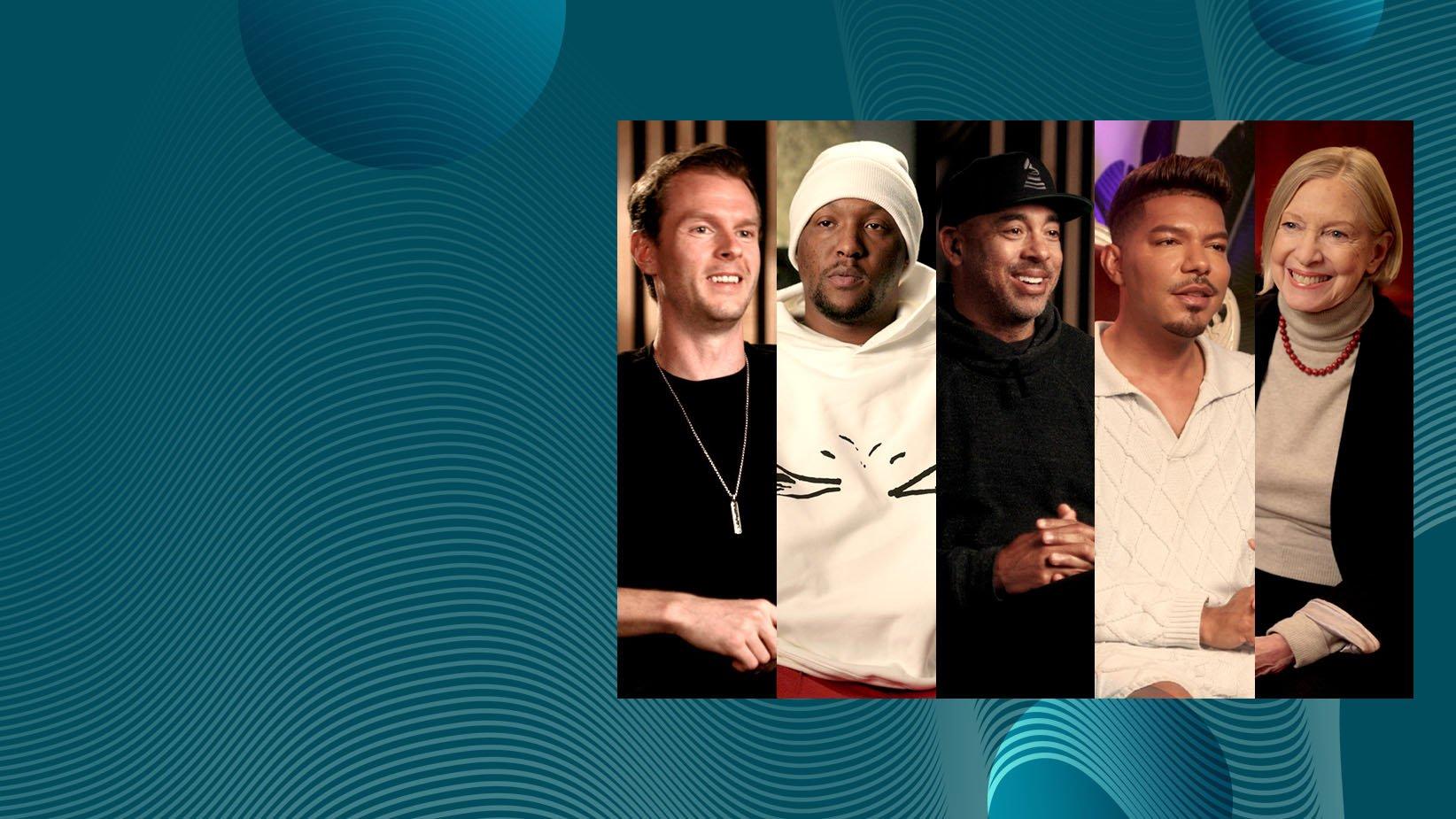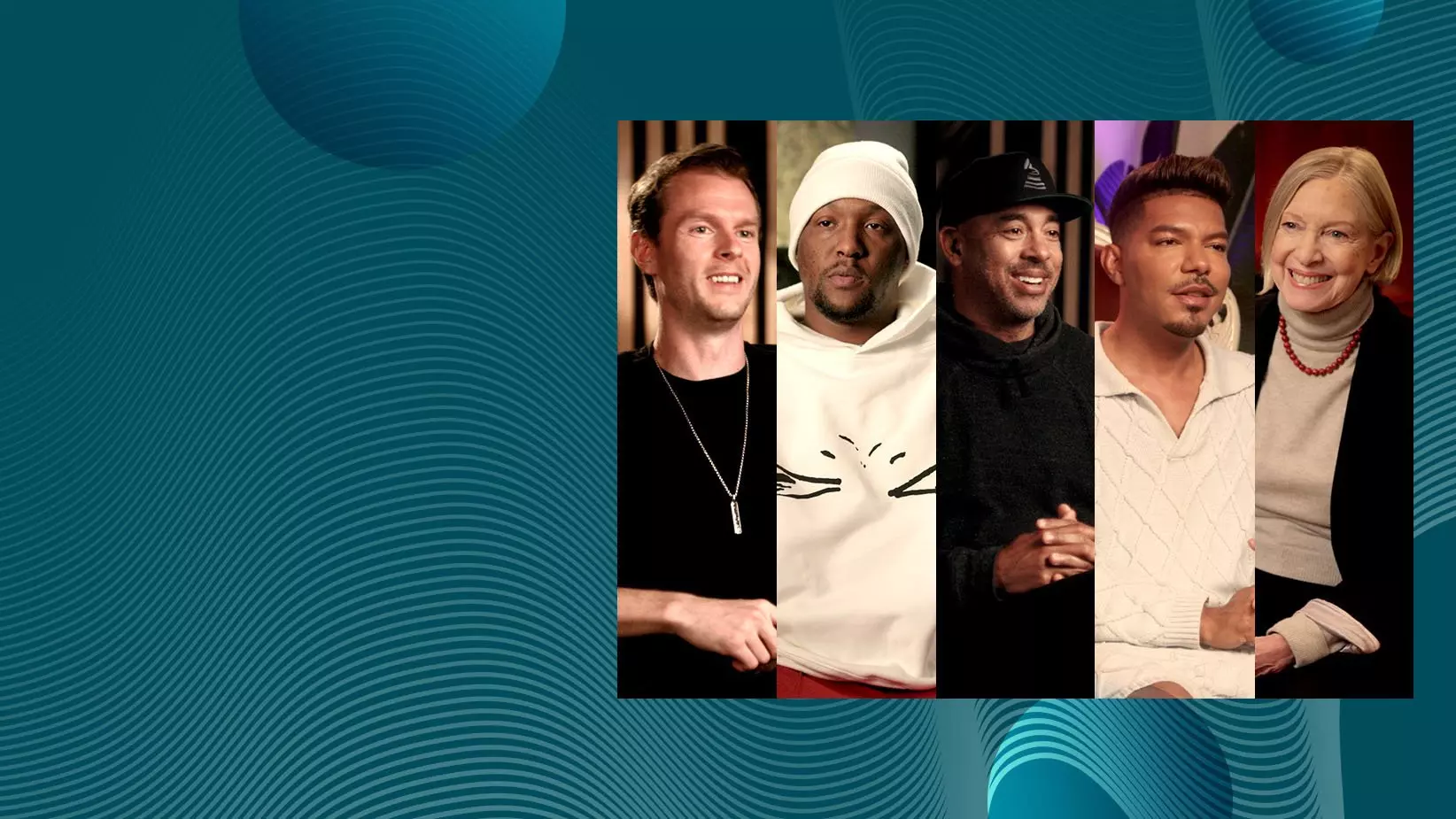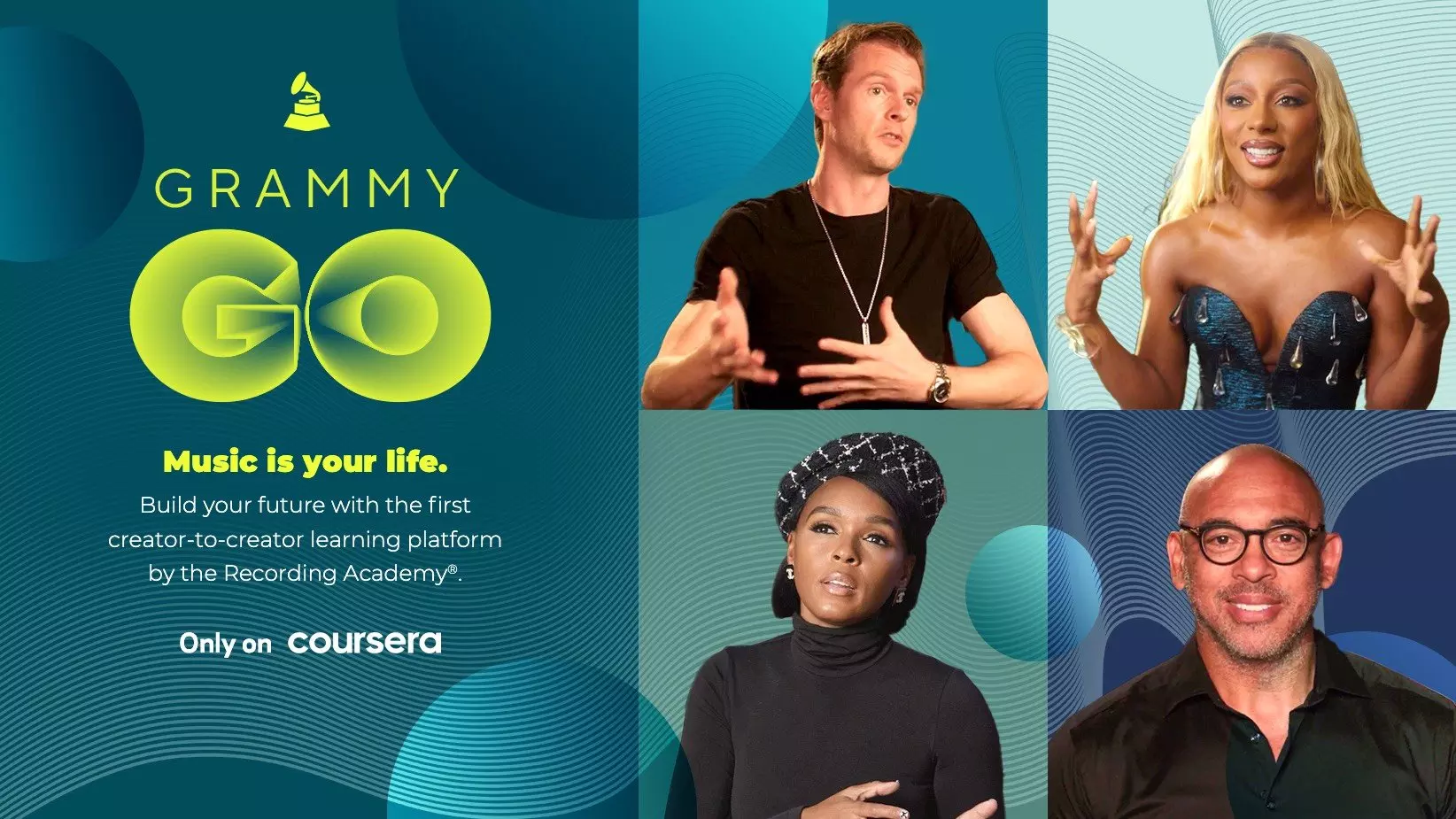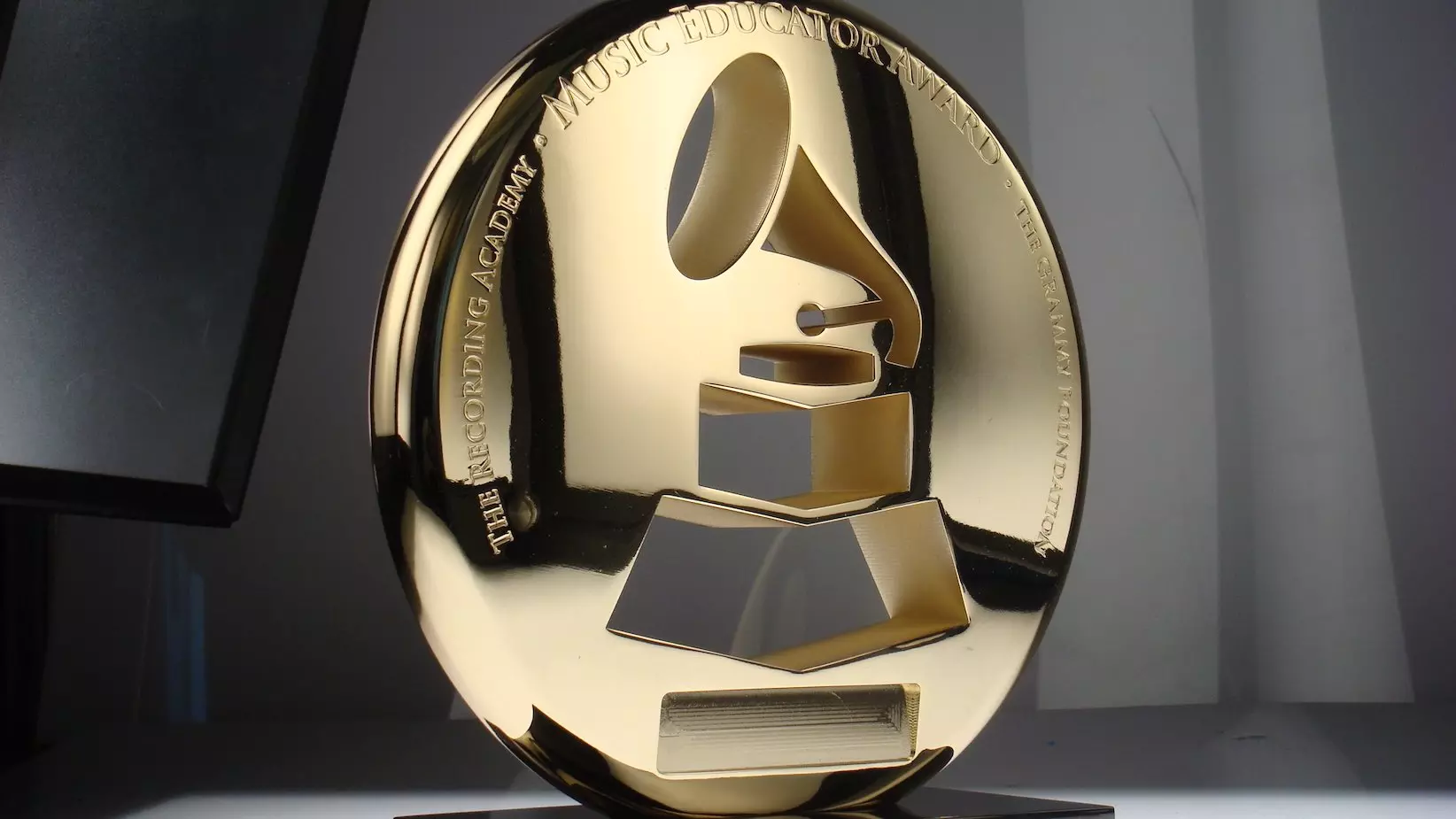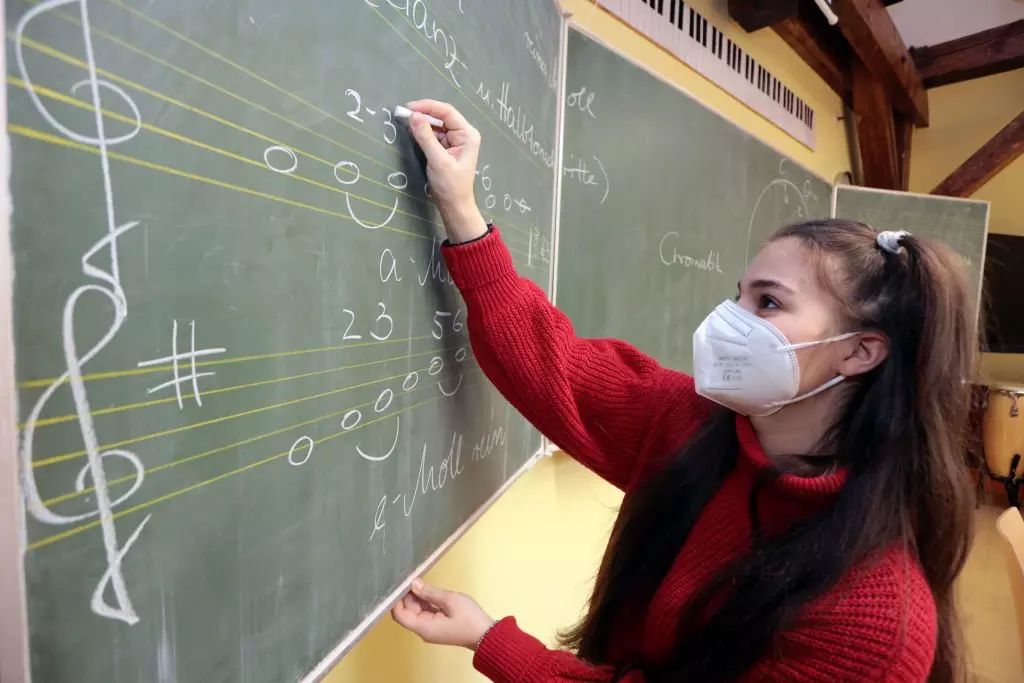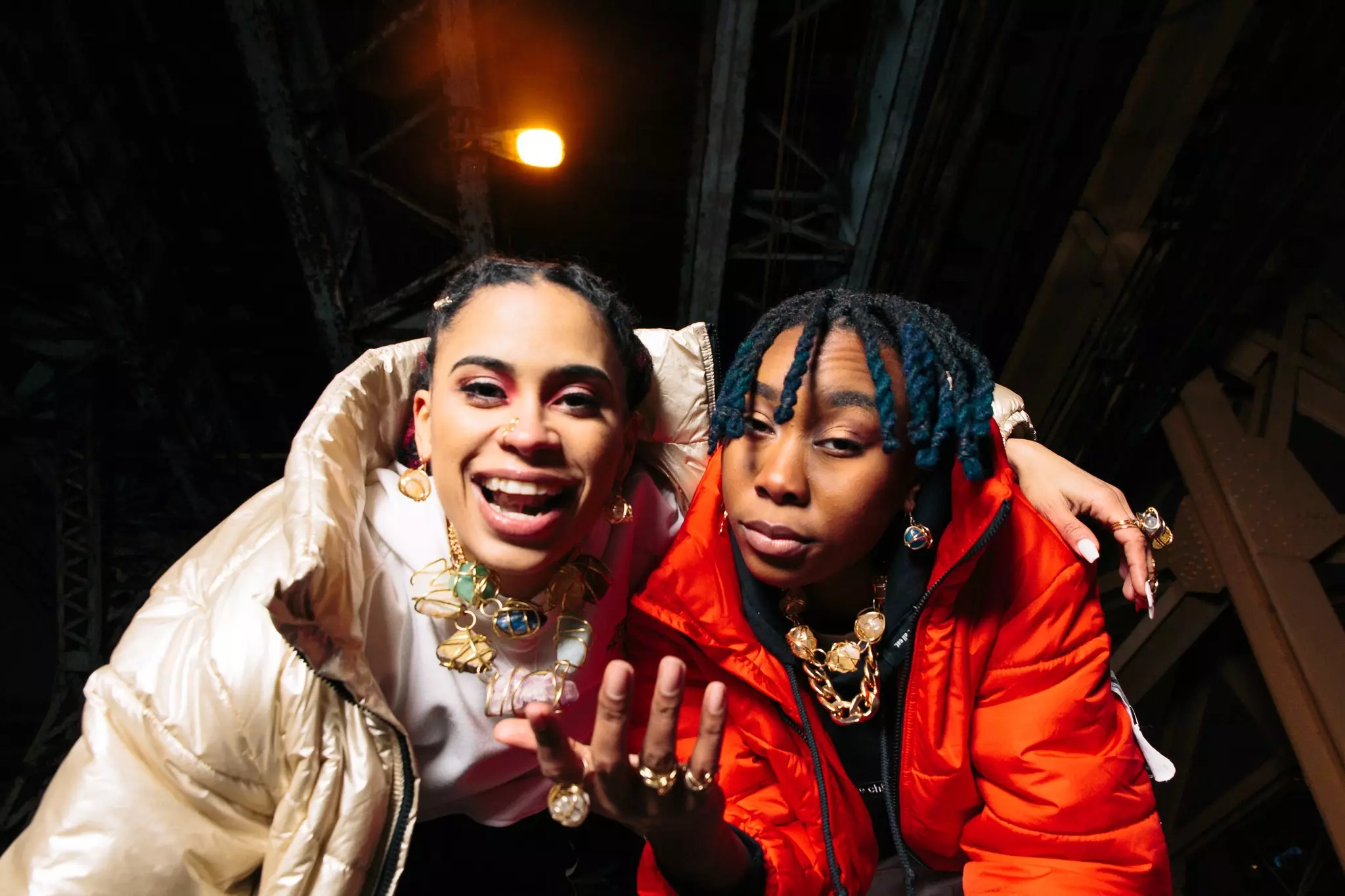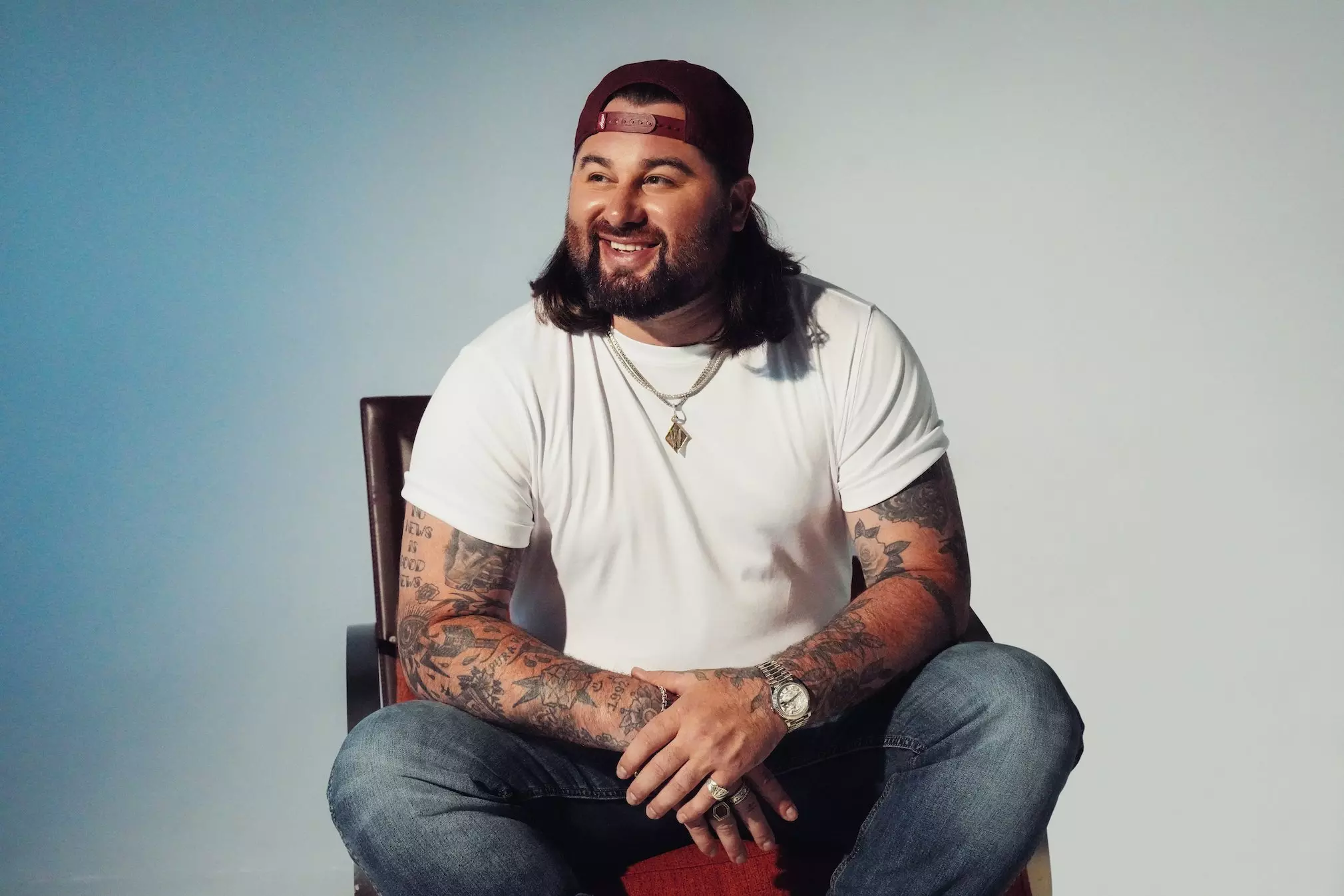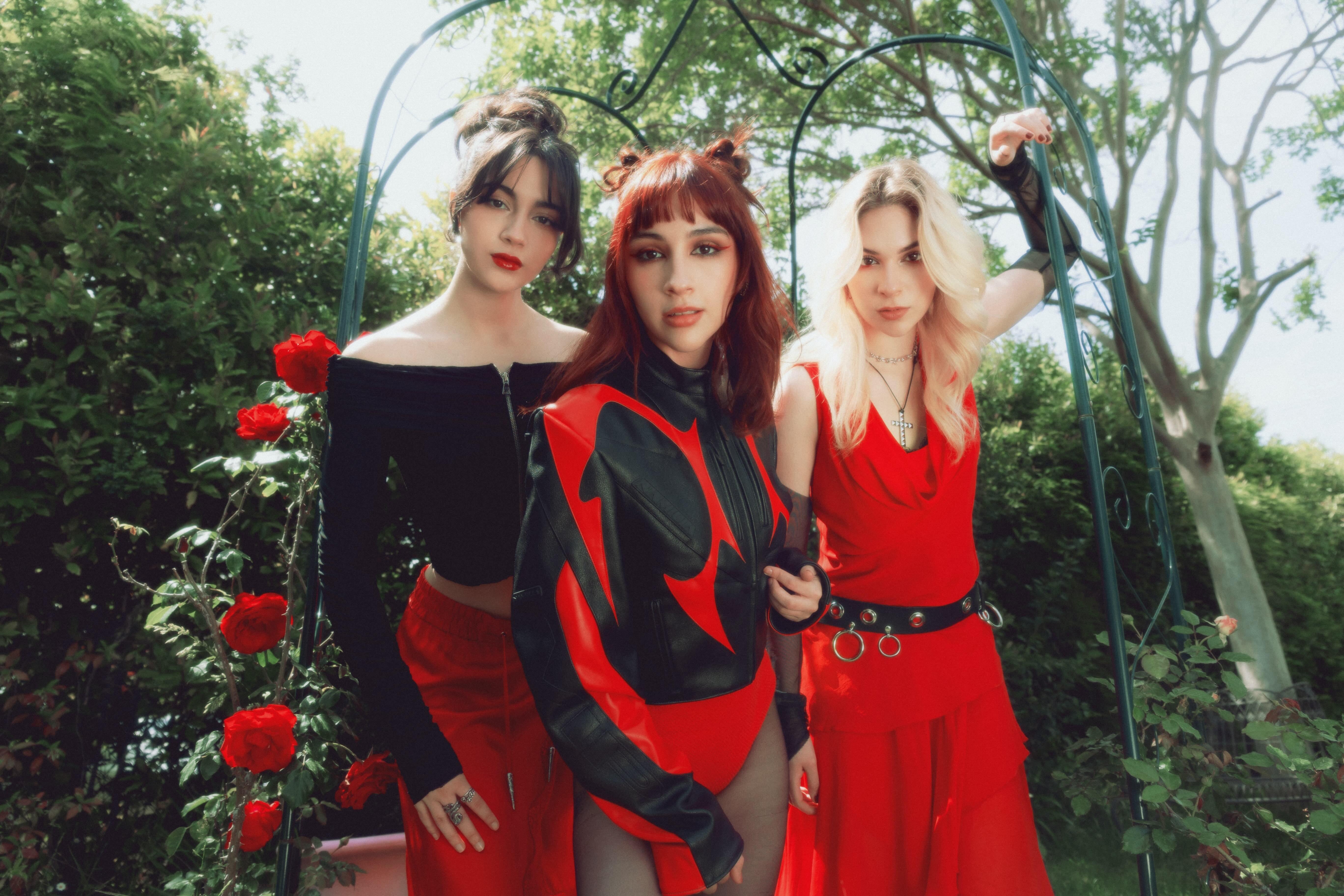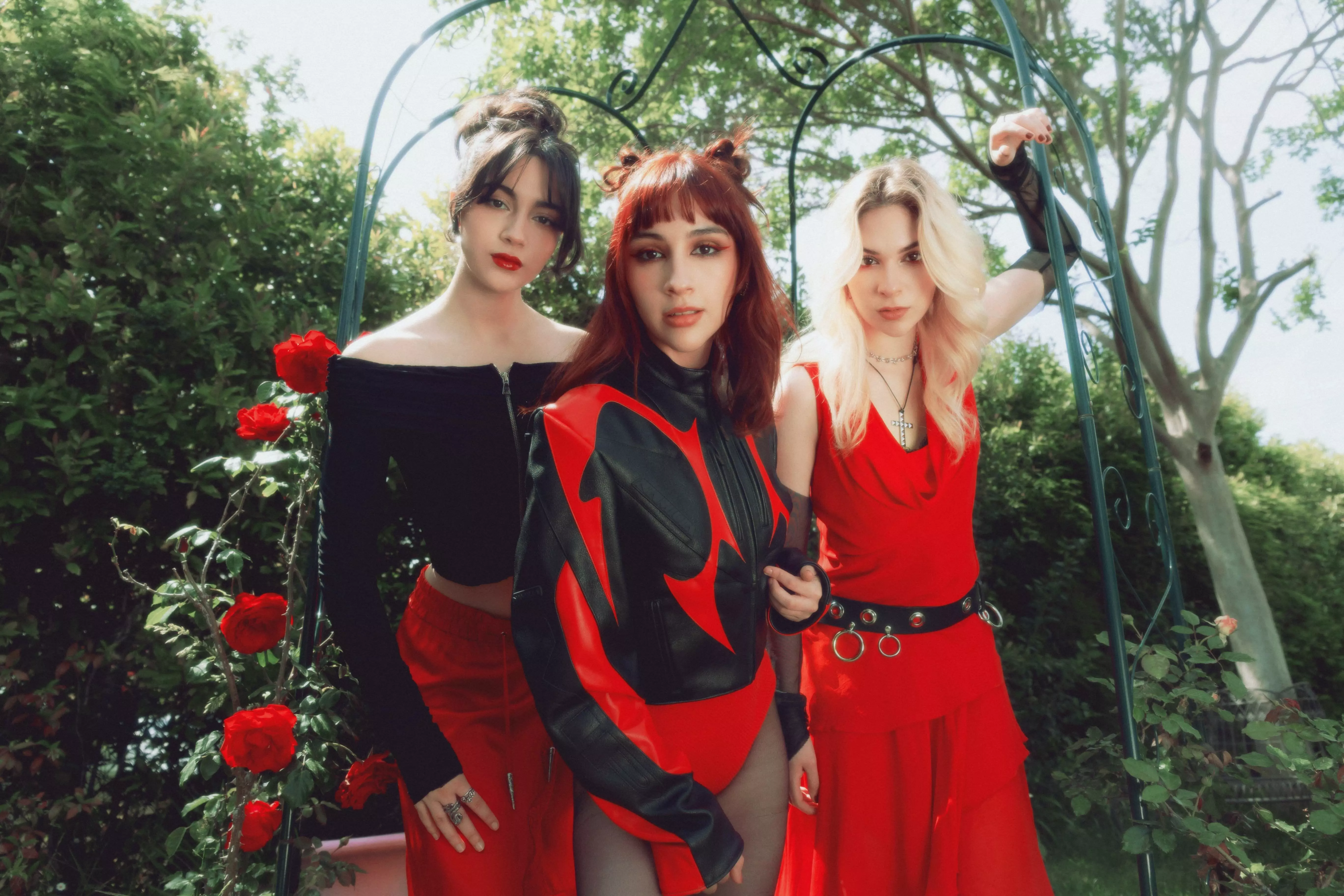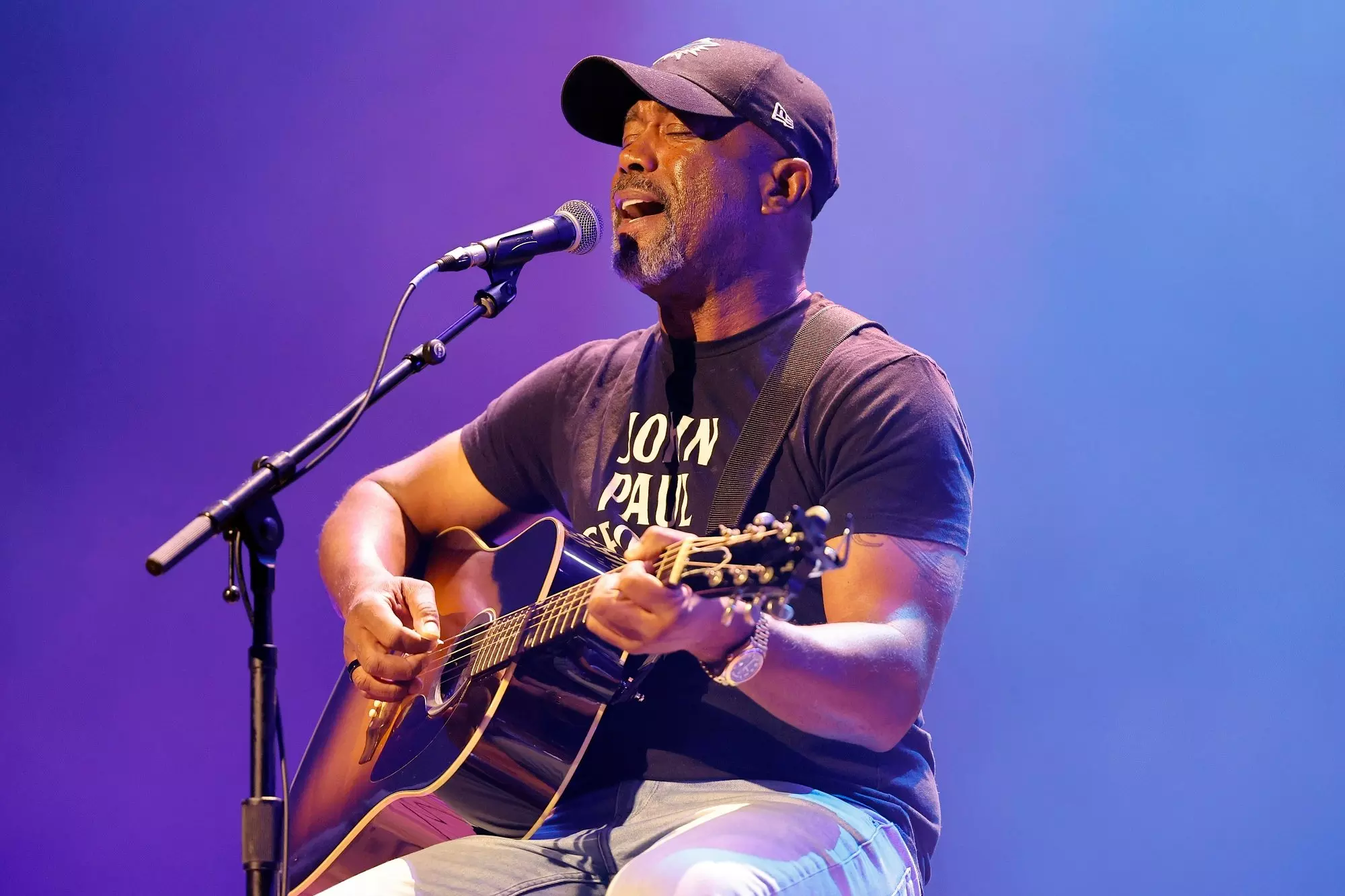"I miss airport coffees. I miss sleeping in a bus bunk. And I miss being part of a team," Against Me!'s Laura Jane Grace said with a melancholy smile, followed by knowing nods from her colleagues. Even before the pandemic sent countless hearts and minds into a heady darkness of isolation, the importance of frank discussion of mental health for musicians had come to the foreground. Suddenly taking away sources of revenue, of connection, of support, of stability, of routine, from people already facing the challenges of the life of an artist. Presented by Recording Academy Florida and Chicago Chapters with MusiCares and bringing together a variety of Recording Academy members to share their perspective on it all, Tour Stop(ped) opened the floor to the essential conversation regarding the value of self-care and strategies for thriving as an artist unable to hit the road.
"You're basing your life on connection to people," explained rising English rocker Yungblud. "I want to be out there causing chaos but now I'm just looking at the walls, watching the paint dry!"
Stephen Gibb served as the perfect moderator for the conversation, a familiar face in a cozily familiar studio setting, keeping the conversation focused and spirited. As a member of hard rock bands such as Black Label Society, Crowbar, and Saigon Kick, Gibb is intimately familiar with tour life. And as current host of the podcast Addiction Talks, his deft hand with sensitive conversations encouraged openhearted conversation, first focused on a general sense of how everyone was coping with this strange new reality. In addition to Yungblud, veterans Grace and Lzzy Hale of Halestorm, and new wave experimentalist KennyHoopla contributed an array of perspectives on Tour Stop(ped), both in terms of their careers and their personal experiences, offering viewers a variety of valuable lessons.
Hale found herself stumped by the first chunk of time without a gig on the schedule since the band's founding. "Even when I was 13 I had a gig at the bowling alley lined up," she laughed, framed in her home studio by racks of her distinctive Epiphone Explorer guitars. From her home in Chicago, Grace reiterated the confusion that comes from utter stillness after decades of constant movement, but with a sense of contentment. "This very well might be one long manic episode," she laughed. "I've been doing this for 20 years, and in a way it was 20 years of wondering when it was all going to go away. And that it did, but not because of anything I did, something totally out of my control, was calming."
A large part of the conversation focused on strategies to ensure that musicians can feel creative and fulfilled in this time, to keep from falling into unhealthy ruts. As an artist still early in his touring career, KennyHoopla has seen the inability to perform as an opportunity for reflection. "I'm just trying to catch up to myself," he said. "To use this time to hone the fragile parts of me and make them stronger."
Grace, meanwhile, compared the time to Bob Dylan's self-imposed years off from touring, saying she was similarly using the pandemic as a period of woodshopping and working on her craft. "Being an artist is about being creative, and we're in a situation right now that's asking us all to be our most creative selves to make this work and to make the best of this," she mused.
Gibb and the panelists elaborated on the importance of maintaining a connection with fans—as a way of keeping the audience engaged, of garnering financial support for new projects while tour revenue is gone and of maintaining the necessary emotional support. When the pandemic necessitated canceling gigs, Yungblud was already in the midst of a global tour. When he got home, he immediately knew he'd need to put together a livestream event and to stick close to his social media accounts. "Luckily, I love being online and I love social media. That's our stage right now," he said. "Everybody's in the same boat, feeling that need, like, ‘I'm going to mosh my head off, I'm going to go crazy, I'm going to release my energy even if it's in my bedroom with my cat.'"
Read More: Yungblud Talks Turning His Tour Postponement Into An Online Rock & Roll Variety Show
While the panelists were all musicians, the entire music industry, Gibb noted, are struggling through this pandemic. Countless individuals are having their livelihoods hit hard by the inability to work in crews, sell merch, and promote tours, among countless other outlets. "My heart is breaking for my friends and family, the techs, lighting guys, riggers," he said, holding back the tears. "We're in the fun business, the happiness business. We bring joy and we connect with people on a visceral, emotional level. It's heartbreaking for there not to be any end date to this."
The panelists provided fascinating and refreshing perspective on what might happen when touring does start to kick back into swing. "If everyone is going to try to tour at once, then the market will be completely flooded and it's going to be just as much pandemonium," Grace insisted. "[We need to be] figuring out a strategic way through this and a strategic way out of this for the community that we have spent so long building that is collapsing around us."
As life, and this year, have shown us difficult times can manifest surprising moments. Two surprise guests dropped into the conversation as well in order to ask questions that hit close to their hearts. Frontwoman of legendary LA hard rockers L7, Donita Sparks popped in first ("I don't know if I'm a guest or a Zoom bomb!" she grinned). Her question centered on what the artists missed most; for Sparks, it was her tour family, the larger crew beyond the band, and how artists can keep that connection while at home. "I always feel invincible because I know they have my back," she said.
On top of lamenting the inability to connect more personally with his fans, Yungblud encouraged everyone on the call to let out their most raucous shout, a release of pent-up punk-energy inspired by Sparks' iconic spirit. Experimental songwriter Grandson popped in later (first thanking the "music Illuminati" for the invite), and then offering a succinct and powerful explanation of the importance of gratitude. "Set your goals internally to make the best art you can, be the best friend you can, and let the things that are out of your control remain that way," he said.
Naturally, the conversation wound its way through to coping mechanisms, strategies which the individual musicians would recommend for keeping their mental health strong. Aerobic exercise as a replacement for long nights on the stage were a common refrain. Hale added that an herb garden had become a centering activity and Gibb extolled the virtues of meditation, while Grace vouched for long baths with epsom salts and apple cider vinegar. Yungblud's solution was endless jamming at the exasperation of his neighbors, while KennyHoopla's suggestion for boosting spirits focused on one word: love.
"Having time to elaborate on my love for everyone in my life and loving myself... just putting out love as much as I can and continuing to give myself to the universe," he said. "When you give yourself to the universe, it will always return."
In addition to the panelists' discussions of their own experiences, the event featured video interludes. In the first, Warped Tour founder Kevin Lyman highlighted the Academy's collaboration with MusiCares, noting that the organization had already assisted nearly 20,000 individuals in the music industry and dispersed over $19 million, whether for helping cover rent, fixing broken instruments, organizing doctor's appointments for uninsured members, and even establishing cyber support groups and addiction and rehab counseling.
Later, Chief Advocacy Officer of the Recording Academy Daryl Friedman led a conversation regarding how artists can help in the fight to sustain independent stages. Throughout, short videos from Academy members sharing stories of their favorite venues and what they missed on the road reinforced not only the community aspect of the music industry, but also the Academy's commitment to bringing everyone together in the fight to make lives better until things can get back to a relative normal.
But then even this very panel showcases just how important that community feeling can be, the four panelists exchanging their own biggest takeaways. "Laura said earlier, you have to do things quickly [because] when you have time you can overthink things," Yungblud reiterated. "Right now, what the f*ck do I have to lose? Why not push my boundaries?"
KennyHoopla had been meant to open for Yungblud on a series of tour dates, and the two naturally bonded during this time over their joint focus on pushing boundaries during pandemic. "There's this sense of urgency because people are relying on you to give them a sense of escapism and a high," he said. "I've gotta keep going and keep providing art and putting myself out there."
As the conversation neared its end, Hale insisted that when they were all back out on the festival circuit, they'd need to find a way to get together for a hug and a beer -- a simple pleasure that's somehow turned into a transformative dream. And after all of the sage advice dispensed throughout the evening, Grace offered perhaps the most important three-word signoff: "Just stay alive."
Recording Academy's 'Pass the Aux' Forms a "Zoomchella" Community

